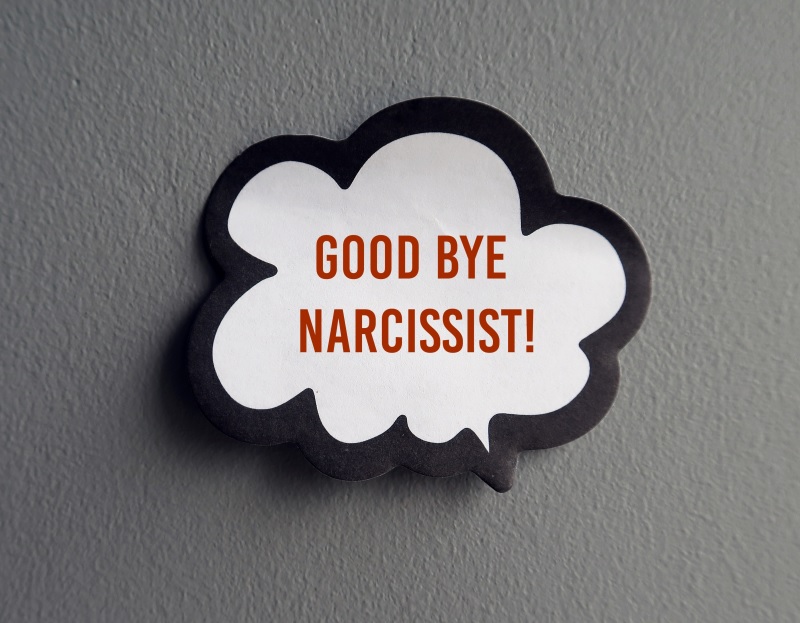Individual Counseling: Am I the Problem?

Individual counseling can be highly beneficial for individuals who recognize their toxic traits or behaviors and want to address and change them. Individual counseling, also known as therapy or psychotherapy, aims to help individuals explore and address their emotional, psychological, and behavioral challenges. These challenges can include handling some toxic traits you may have in your relationship. Terri at Take Charge Inc. can help you manage these traits through individual counseling and come to a resolution.
Individual counseling provides a safe and confidential space to explore your thoughts, emotions, and behaviors. A counselor can help you better understand the root causes of your toxic traits, such as past experiences, traumas, or unresolved issues. Understanding the signs of toxic behaviors, such as manipulation or not taking accountability, can help you find positive ways to improve relationships with yourself and others. A person with toxic traits can cause quite a bit of conflict in the lives of those around them. Do you ever ask, “Am I the problem?” when things keep going wrong in your relationships? Determining whether you are the problem in your relationship or whether there are toxic signs can be a complex and subjective matter. It’s essential to approach this question with self-awareness and a willingness to improve the dynamics of your relationship. Here are some things to consider if you are suspecting you might be the issue:
- Self-Reflection: Take time to reflect on your behavior and actions in the relationship. Are there patterns of behavior that are causing issues or conflicts? Are you communicating effectively with your partner? Self-awareness is the first step in addressing any potential problems.
- Communication: Healthy relationships require open and honest communication. If you or your partner struggles to express your feelings, needs, or concerns, it can lead to misunderstandings and resentment. Toxic signs may include avoiding meaningful conversations, stonewalling, or engaging in hurtful communication.
- Respect: Respect is fundamental in any relationship. Are you and your partner treating each other with respect and kindness? Toxic signs can include belittling, name-calling, or undermining each other’s self-esteem.
- Boundaries: Establishing and respecting boundaries is crucial. Are you or your partner violating each other’s boundaries or making unreasonable demands? Healthy relationshipsinvolve mutual respect for personal space and individual needs.
- Trust: Trust is the foundation of a healthy relationship. Trust issues can lead to toxic behavior such as jealousy, possessiveness, or constantly checking up on each other.
- Control and Manipulation: Watch out for signs of control or manipulation in the relationship. This can include attempting to control each other’s actions, guilt-tripping, or using emotional manipulation to get your way.
- Lack of Support: In a healthy relationship, partners should support each other’s goals and well-being. It can be toxic if you or your partner consistently undermine each other’s aspirations or dismiss each other’s feelings.
- Conflict Resolution: How do you and your partner handle conflicts? Healthy couples engage in constructive conflict resolution, whereas toxic behavior may involve shouting matches, blame-shifting, or silent treatment.
- Consistency: Consider whether the issues in your relationship are persistent and ongoing. A one-time mistake or disagreement does not necessarily indicate a toxic relationship, but unhealthy behavior patterns over time are concerning.
- Seek Professional Help: If you’re unsure whether your behavior contributes to problems in the relationship, consider seeking guidance in individual counseling.
Relationships are a two-way street, and it’s rarely the case that one person is solely responsible for problems. Working with your partner to address any concerns and create a healthier dynamic is essential. Suppose your relationship shows persistent toxic signs that you cannot resolve. In that case, it might be best to seek professional help or consider whether the relationship is viable in the long term. Individual counseling is not just about addressing immediate issues but also about fostering long-term personal growth and well-being. It can help you develop a healthier, more fulfilling life overall.
Recognizing toxic traits is a significant first step, and individual counseling can provide you with the tools and support necessary to work on them and build healthier relationships with others and yourself. During individual counseling, we seek to address your problems and help. Counseling helps us identify our automatic thinking and learn new skills to solve problems rather than avoid them; for more information about individual counseling in Overland Park, KS, contact Take Charge, Inc. at (913) 239-8255.
E-News Signup
Increase your emotional intelligence by signing up for the brief monthly eNews with Terri’s emotional intelligence tips and info.
FORM WILL GO HERE...
